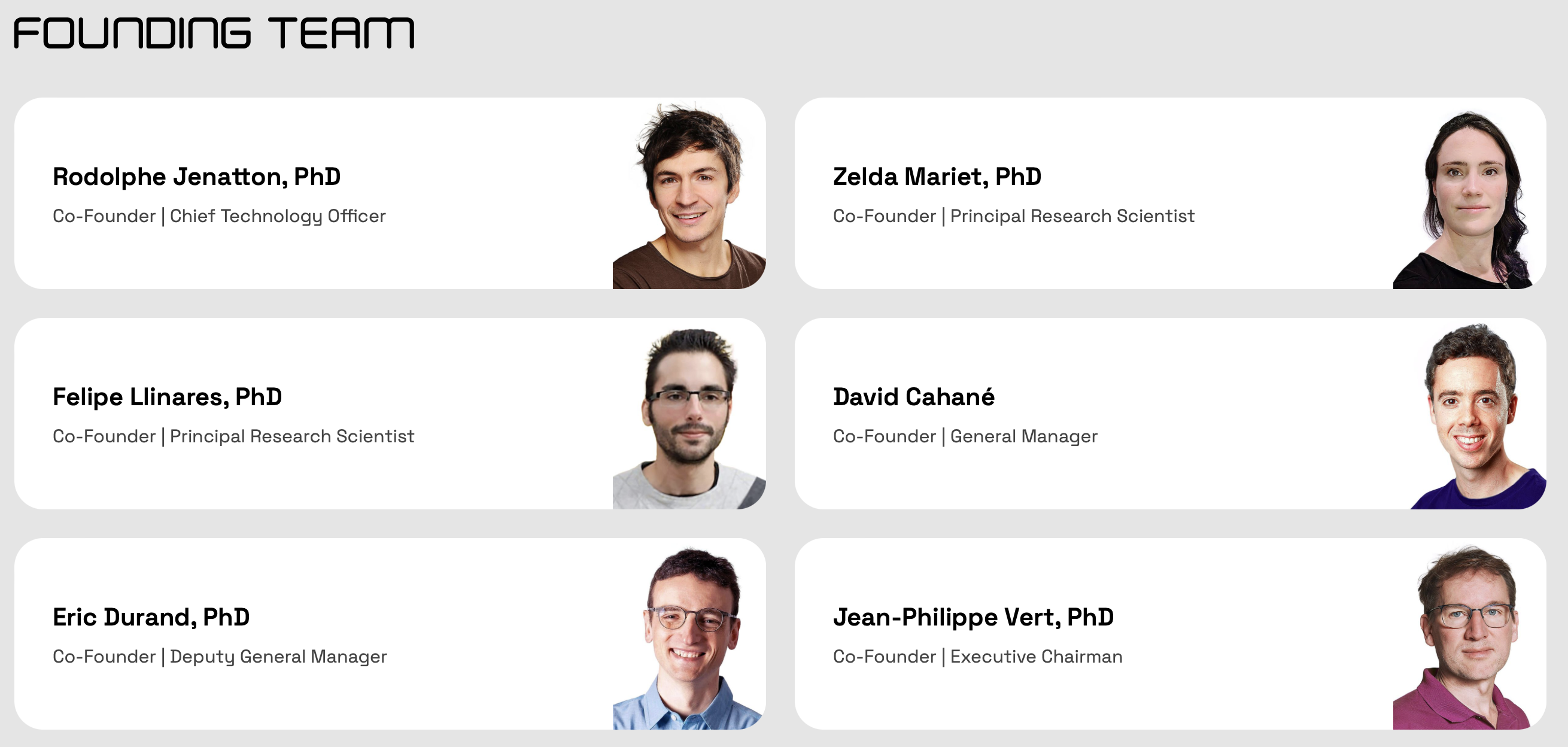
Image credits: Makiko Tanigawa/Getty Images
There is a new generative AI startup based in Paris. But what's interesting about Bioptimus is that with a narrow focus on biology, he plans to apply everything he's collectively learned about AI models over the past few years.
The reason why it makes sense to create a biology-focused startup is because access to training data is not as easy in this field. While OpenAI is gradually moving away from web crawling in favor of content licensing agreements with publishers, Bioptimus has to deal with confidential clinical data that is not made public at all, making it difficult for a variety of data facing challenges.
Also, like other AI startups, Bioptimus will be a capital-intensive startup as it trains its models on expensive GPUs and employs talented researchers. That's why the startup has raised $35 million in a seed round led by Sofinnova Partners. Bpifrance's large venture fund Frst, Cathay Innovation, Headline, Hummingbird, NJF Capital, Owkin, Top Harvest Capital and Xavier Niel also participated in the funding round.
Biotimus does not appear out of nowhere. The company will be led by Jean-Philippe Vert, who will serve as co-founder and executive chairman in a non-business role. In his day job, the French biotech unicorn is chief research and development officer at Owkin, where he aims to discover new drugs and improve diagnostics with AI.
Rodolphe Jenatton, CTO of Bioptimus, has more experience in artificial intelligence as he was a senior researcher at Google. Some of the co-founders are also former researchers at Google DeepMind.

Image credits: biooptimus
As part of Owkin's commitment to leading biopharmaceuticals, we have amassed diverse patient data through partnerships with leading academic hospitals around the world. Bioptimus leverages this unique dataset to train its underlying model.
Owkin's Moonshot Project
Bioptimus can also be thought of as a kind of spin-off company from Owkin, or a so-called moonshot project. But why didn't Orkin decide to work on the underlying model in-house? Creating a new AI model is such a difficult task that it makes more sense to create a separate entity.
“Architectural Biology [foundational models] Although not part of Owkin's roadmap, Owkin is keen to support and partner with companies like Bioptimus.very extensive training [foundational models] It requires significant resources in terms of data volume, computing power, and breadth of data modalities that are easy to unlock as specific entities,” Jean-Philippe Vert told TechCrunch. “As a ‘pure player’ of the underlying model, Bioptimus is better set up to do this.”
The startup also signed a partnership with Amazon Web Services. The company's models appear to be trained in Amazon's data centers. Now that Bioptimus has enough funding, it's time to work on the AI model and see what the biotech research community can do with it.
“Ultimately, the AI we build will improve disease diagnosis, precision medicine, and help create new biomolecules for use in medicine and the environment,” said Vert.


